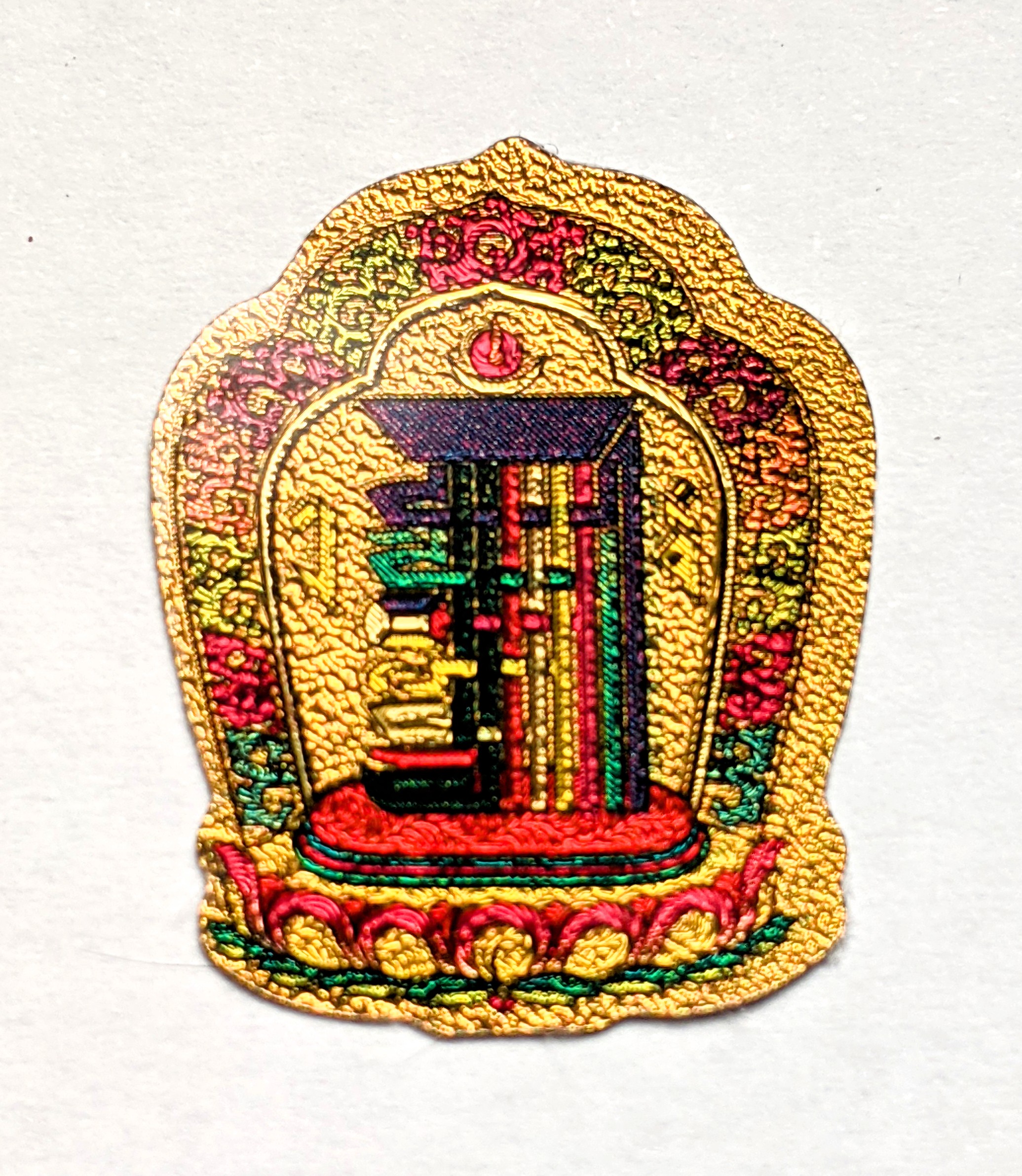Bivol Muslim refers to the unique cultural and religious significance of buffaloes in the Muslim community, especially in regions where livestock farming plays a vital role. These animals are not only essential for agricultural practices but also hold a special place in the hearts of many Muslims around the globe. This article aims to delve into the multifaceted aspects of Bivol Muslim, exploring its significance, uses, and the cultural practices surrounding these magnificent creatures.
The relationship between Muslims and livestock, particularly buffaloes, is deeply rooted in tradition and religious beliefs. Buffaloes are often associated with various cultural festivities, agricultural practices, and even religious rituals. Understanding the role of Bivol Muslim requires a look into both the historical and contemporary perspectives on livestock in Islam.
As we proceed through this article, we will cover various aspects of Bivol Muslim, including its significance in agriculture, its role in religious sacrifices, and its cultural importance. By the end of this comprehensive guide, readers will have a deeper understanding of why buffaloes are more than just animals; they are integral to the identity and livelihood of many Muslim communities.
Table of Contents
- The Significance of Bivol Muslim in Islamic Culture
- Agricultural Role of Buffaloes in Muslim Communities
- Religious Practices Involving Buffaloes
- Cultural Significance of Bivol Muslim
- Biography of Bivol Muslim
- Data Table: Bivol Muslim
- Statistics on Buffalo Farming in Muslim Regions
- Conclusion and Call to Action
The Significance of Bivol Muslim in Islamic Culture
Bivol Muslim plays a crucial role in Islamic culture for several reasons:
- Symbol of Wealth: In many Muslim communities, owning buffaloes is a sign of wealth and prosperity.
- Cultural Identity: Buffalo farming is often tied to cultural identity and heritage.
- Religious Importance: Buffaloes are important in various religious practices, enhancing their significance within the community.
Agricultural Role of Buffaloes in Muslim Communities
In agricultural practices, buffaloes serve multiple purposes:
1. Draft Animals
Buffaloes are commonly used as draft animals in farming activities. They help in:
- Plowing fields
- Transporting goods
- Fertilizing land through their manure
2. Milk Production
Buffalo milk is a staple in many Muslim communities, providing a rich source of nutrition. The milk is used for:
- Making dairy products such as cheese and yogurt
- Providing sustenance for families
Religious Practices Involving Buffaloes
Buffaloes hold significant importance during religious events, particularly:
Eid al-Adha
During Eid al-Adha, buffaloes are among the animals that can be sacrificed as part of the ritual. This practice symbolizes obedience to God and the willingness to give up something valuable.
Other Ceremonial Uses
In various ceremonies and festivities, buffaloes are often featured, highlighting their cultural relevance:
- Weddings
- Community celebrations
- Religious festivals
Cultural Significance of Bivol Muslim
Beyond their practical uses, buffaloes are woven into the cultural fabric of many Muslim communities:
- Folklore: Buffaloes often appear in local folklore and stories.
- Art: They are depicted in various forms of art, symbolizing strength and resilience.
Biography of Bivol Muslim
The term 'Bivol Muslim' encapsulates a broad cultural phenomenon rather than a single entity. However, the essence of this term is celebrated across various communities where buffalo farming is a central aspect of life.
Data Table: Bivol Muslim
| Attribute | Details |
|---|---|
| Common Species | Asian Water Buffalo |
| Primary Uses | Agriculture, Dairy Production, Religious Sacrifices |
| Cultural Events | Eid al-Adha, Local Festivals |
| Regions of Significance | South Asia, Middle East, North Africa |
Statistics on Buffalo Farming in Muslim Regions
According to recent studies, buffalo farming is a crucial aspect of agricultural practices in many Muslim-majority countries:
- Approximately 80% of the world's buffalo population resides in Asia.
- In countries like India and Pakistan, buffaloes contribute significantly to the dairy industry, accounting for over 50% of milk produced.
Conclusion and Call to Action
In conclusion, Bivol Muslim represents much more than just livestock; it embodies the cultural, agricultural, and religious values of many Muslim communities worldwide. Understanding the significance of buffaloes can enhance our appreciation for the traditions and practices that shape the lives of millions.
We encourage readers to share their thoughts and experiences regarding Bivol Muslim in the comments section below. If you found this article informative, consider sharing it with others who might benefit from this knowledge or explore more articles on our site.
Thank you for reading, and we hope to see you back for more insightful content!
Rowena Miller: The Multifaceted Artist Shaping Contemporary Art
William Lancelot Bowles III: The Life And Legacy Of A Unique Personality
Noah Schnapp Boyfriend: Exploring The Young Star's Relationship Status


